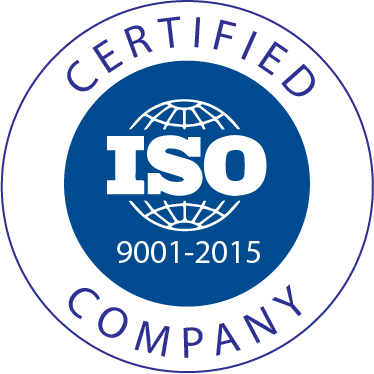Breast Cancer Treatment in India starts from $3000. The total cost of the treatment depends on the diagnosis and facilities opted by the patient.
The recent advances made in breast cancer treatment have revolutionized the way how women from this rare disorder are diagnosed and suggested a personalized treatment plan. These advances have made it easier for the doctors to arrive at a treatment plan, which is most suitable for the patient as per their individual characteristics and needs.
Different breast cancer treatment options help destruct complex mixture of cancer cells, which are otherwise difficult to treat using conventional breast cancer treatment. The treatment is started by the doctors handling the case as soon as the breast cancer diagnosis is confirmed.
Before the article delves into the different breast cancer treatment options, lets first take a look at how breast cancer develops and what are its symptoms and diagnosis methods.
Breast cancer: What do the statistics say?
Breast cancer primarily affects females aged above 40. However, that does not mean that it does not affect women aged below 40. Breast cancer can also affect males, although rarely.
Breast cancer starts in the cells of either one or both the breasts. It accounts for more than 16 percent of female cancer and contributes to 18.2 percent of all deaths that take place around the world because of cancer.
In the US alone, breast cancer affects more than 232,000 females and 2,200 males each year. It leads to death of more than 39,000 breast cancer patients in a year.
Breast Cancer Symptoms
The symptoms of breast cancer can be easily identified at home through breast self-examination. You should consult your physician on how to conduct this exam at home.
The most common breast cancer symptoms include:
- Change in the size or shape of the breast
- Lump in the breast
- Swelling in armpit
- Change in colour and shape of the nipples
- Rash, redness or pitting on the breast skink
- Pain in the breast or armpits
- Abnormal discharge from the nipples
In case of more aggressive breast cancer called inflammatory breast cancer, severe redness and itching may be present.
The patients are advised to contact their physician as soon as they notice any of the symptoms of breast cancer. The physician is the best person to diagnose whether it is normal or inflammatory best cancer, and accordingly, suggest treatment for breast cancer.
Breast Cancer Causes
The exact reason that causes breast cancer is unclear, despite the fact that every eighth woman suffers from it. However, there are several factors that have been associated with the development of breast cancer. Some of the breast cancer risk factors include:
- Prolonged use of birth control pills
- Obesity
- Use of hormone replacement therapy
- High breast density
- Alcohol addiction
- No history of pregnancy
- Pregnancy after 35
- Exposure to radiation
The risk of breast cancer naturally increases as women age. The risk is also higher in women who have a family history of breast or ovarian cancer, possess BRCA1 and BRCA2 genes or who have had their periods before the age of 12.






